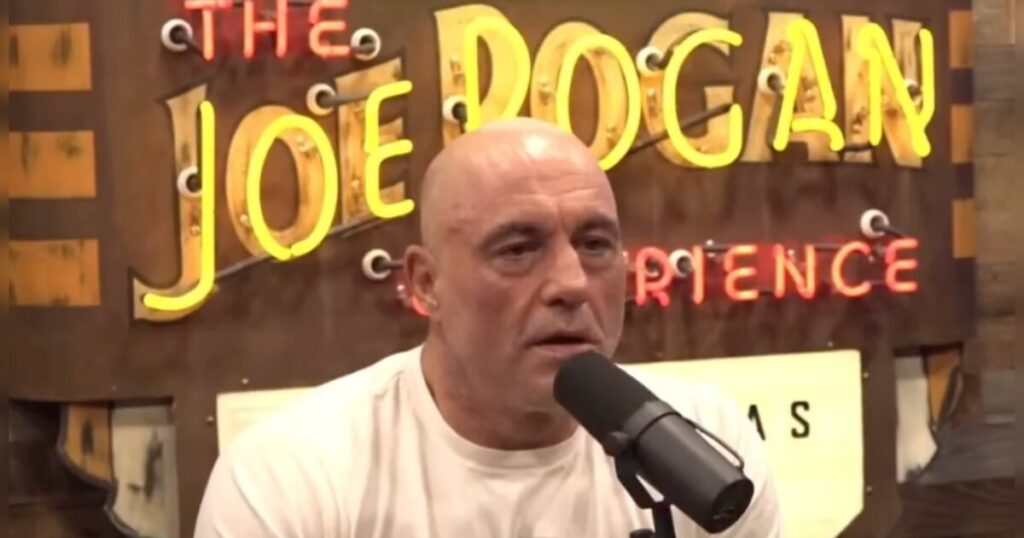In a recent episode of Joe Rogan’s podcast, the conversation centered around the connection between celebrities and political endorsements, particularly focusing on Kamala Harris and her supporters, many of whom attended Sean “Diddy” Combs’ notorious parties. The discussion arose in light of Diddy’s recent legal troubles, including his arrest on federal sex trafficking charges and grave accusations involving minors. Rogan remarked on the surprising amount of individuals from Diddy’s social circle who are publicly backing Harris. This pointed out a striking juxtaposition of celebrity endorsements intertwined with serious allegations against one of their peers. The podcast highlights not only the political landscape but also raises questions regarding the integrity and motivations of celebrities in the face of such controversies.
Elon Musk, who was a guest on Rogan’s podcast, echoed Rogan’s concerns by referencing Jennifer Lopez, a past girlfriend of Diddy, who has since become an outspoken critic of Donald Trump while endorsing Kamala Harris. Musk’s candid observation questioned the lack of warning from Lopez regarding Diddy’s questionable behavior, suggesting that her recent political stance could reflect a deeper complicity or ignorance in light of Diddy’s alleged actions. This conversation sheds light on the moral responsibilities that come with fame and the potential hypocrisy within celebrity endorsements, as their relationships and past associations may inform, yet complicate, their present declarations.
Rogan expanded on the implications of such endorsements, suggesting that the connections to Diddy could reflect a troubling pattern akin to that of Jeffrey Epstein’s network, where individuals were compromised in ways that might silence dissent or lead to tacit support for harmful behaviors. Musk resonated with this theory, positing that those within the entertainment industry likely had an awareness of Diddy’s alleged abuses yet still participated in his events. This reinforces a narrative that suggests a systemic issue within certain spheres of celebrity culture, where personal gain or community dynamics can overshadow accountability. Such insights could ignite broader discussions about complicity and the ethical obligations of public figures regarding social issues.
Adding to the conversation, NBA star LeBron James, who has also participated in Diddy’s parties, became another focal point as he endorsed Kamala Harris. This endorsement comes against the backdrop of James’s previous participation in Diddy’s social events, raising further questions about the alignment of public personas with the ethical implications of their associations. James had previously made a light-hearted remark about Diddy’s parties, claiming, “ain’t no party like a Diddy party,” which has since resurged on social media. This exemplifies the dissonance present when one’s enjoyment of social events contrasts sharply with the severe allegations facing the host, further complicating the public narratives of those involved.
The alignment of public figures with political movements can often seem performative, especially when their affiliations may lead to uncomfortable realizations about past associations with individuals facing serious criminal allegations. Rogan and Musk’s podcast delves into such contradictions, suggesting that celebrity endorsements might be less about political ideology and more reflective of networks built on convenience, familiarity, and the pursuit of influence. This dynamic could be seen as emblematic of the challenges present in modern politics, where individuals’ histories and behaviors do not always align with the values they profess to support, leading to skepticism from the public.
In conclusion, the dialogue between Rogan and Musk highlights the complexities of celebrity culture, political endorsements, and the troubling implications of past affiliations with infamous figures like Diddy. The intersection of personal history, public persona, and ethical responsibility in the context of significant social issues raises important questions about the motivations behind celebrity endorsements and their potential impact on public perception. As the political landscape continues to evolve, these discussions may encourage deeper reflection on the moral obligations of public figures and the consequences of their endorsements, ultimately shaping future narratives around accountability and integrity in both the entertainment industry and politics.

